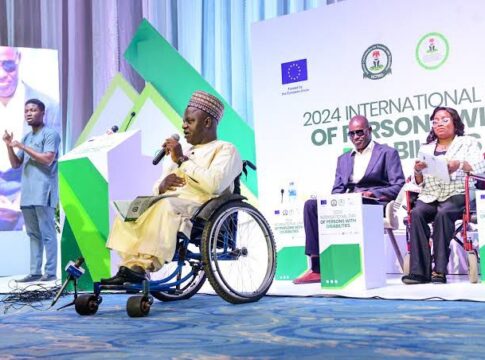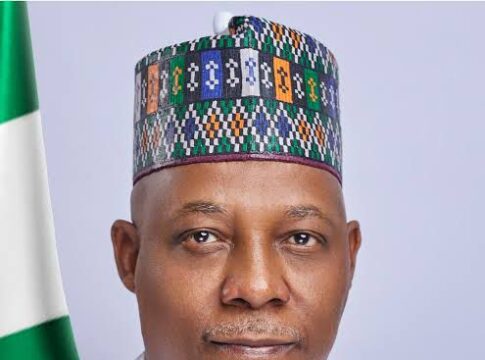U.S. President Joe Biden ended his historic three-day visit to Angola on Wednesday, marking the first trip by a sitting American president to the nation. Biden unveiled a transformative $4 billion investment in the Lobito Corridor railway project, aiming to slash mineral transport times and strengthen U.S. ties with Africa amid rising competition with China.
Speaking alongside Angolan President João Lourenço and other African leaders, Biden described the railway as a “game-changer” for global trade. “Imagine how transformative this will be for technology, clean energy, farming, and food security,” Biden said. The corridor will cut mineral shipment times from 45 days to just two, connecting Zambia and the Democratic Republic of Congo to key ports.
The U.S. committed $560 million in additional funding for infrastructure and mobile networks along the corridor. The White House expects this to generate $200 million in private sector investments. The U.S. Development Finance Corporation also approved a $553 million loan for the railway.
A Strategic Move Amid Global Rivalries
Biden’s trip comes as the U.S. races to counter China’s decade-long dominance in Africa through its Belt and Road Initiative, which has poured billions into the continent’s infrastructure. “The United States understands how we invest in Africa is as important as how much we invest,” Biden said during a speech at Luanda’s National Museum of Slavery.
READ MORE: Nigeria Secures $2.2 Billion Eurobonds to Bridge 2024 Budget Deficit
Without naming China, Biden criticized opaque investments that leave countries “without schools, hospitals, or electricity” and under “crushing debt.” He pledged a transparent, sustainable approach, emphasizing environmental protection and worker rights.
Mixed Reactions on the Ground
While billboards in Luanda proclaimed U.S.-Angola cooperation with slogans like “Strengthening ties, building bridges,” local skepticism remained.
“People are wondering what is going to come of all this,” said Antonio, a 34-year-old driver. “It will take years before this railway benefits ordinary people.”
Alexandra, 27, who works in downtown Luanda, echoed his doubts. “We hear the economy is improving, but people don’t feel it in their wallets,” she said.
Challenges and Controversies
Back in Washington, Biden faced backlash for pardoning his son, Hunter Biden, days before his trip. Critics from his own Democratic Party voiced concerns about the decision, though Biden declined to comment during the visit.
Meanwhile, a brief political crisis in South Korea, where President Yoon Suk Yeol declared martial law before reversing the decision under parliamentary pressure, further distracted attention from Biden’s African agenda.
A Long-Term Vision
Despite these challenges, Biden remained optimistic about the U.S.’s role in shaping Africa’s future. “I think we’re at one of those transition points in world history,” he said, promising a return visit to see the Lobito Corridor in action.
“I like trains a lot,” Biden quipped, smiling. “So, you’re stuck with me.”
As Biden’s presidency nears its end, the U.S. hopes its investments in Africa will outlast his term, fostering growth and partnership for decades to come.




